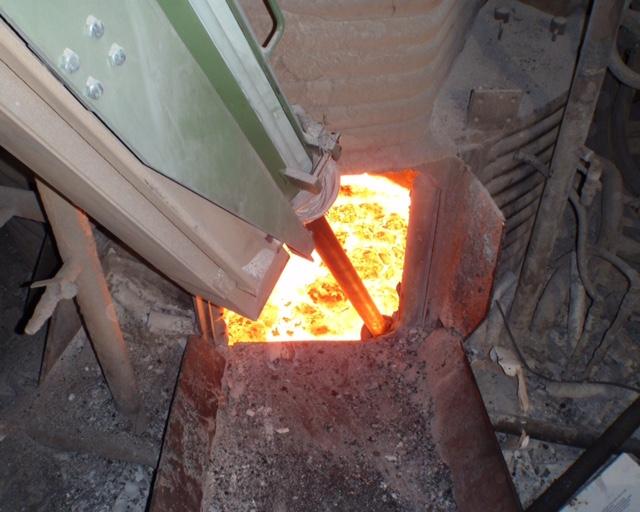New Electric Arc Furnace Installation - Update No.5
10 February 2026


The Materials Processing Institute is hosting the latest seminar in a series of events connected to the DissTec Project. This project is looking at the results of past and present European research projects on the topic: 'Optimisation of secondary metallurgy practices with a focus on clean steel.
This is a continuation of the previous RFCS dissemination project VALEAF (Valorisation and dissemination of EAF technology) and focuses on disseminating the results of secondary metallurgy projects funded within the European Commission-managed ECSC and RFCS funding programs.
There have been a significant number of research projects on secondary metallurgy technology within the course of these ECSC and RFCS programs over the past 25 years that have contributed to the development of measurement systems, process models, control tools and other technological solutions.
The DissTec Project has been reviewing and assessing this work; disseminating the research results and knowledge derived from these projects; identifying the obstacles and benefits for the European steel industry; and developing a plan to stimulate future research and development of secondary metallurgy technologies.
DissTec is being managed jointly by the following European research and consultancy organisations:
Results and findings from DissTec continue to be relayed to steel and relevant industries through a series of seminars and webinars. To date seminars have been held in Italy, Sweden and Austria with the Materials Processing Institute hosting the UK seminar, taking place at IOM3 in London, on 27th September. The final seminar in this series will take place in Germany.
Stuart Millman, Senior Researcher at the Materials Processing Institute, is hosting the UK seminar and making the opening address commented, "The main objective of Disstec is to revisit the most important European projects related to Secondary Metallurgy technologies carried out under ECSC and RFCS research programmes over the last 25 years. Â This seminar is the fourth in the series. It focuses on clean steel manufacture and brings together delegates from the main European Technical Research Institutes and representatives from Industrial Steelplants and UK Universities. I hope that the information presented will generate a lot of discussion."
A series of presentations will be given looking different projects; this includes Marc Jemson, Researcher at the Institute, who will be presenting on:
'Inclusion Control through Secondary Steelmaking and Tundish'
This presentation will cover one ECSC and one RFCS project that focused on the optimisation and evaluation of secondary steelmaking routes to achieve high quality strip steel and active tundish metallurgy looking at "functionality" of current tundish practise, thermodynamic and mass balance calculations, factors influencing inclusion removal and steel cleanness, experimental research and testing of new tundish powders and implementation of concepts.
26 September 2017